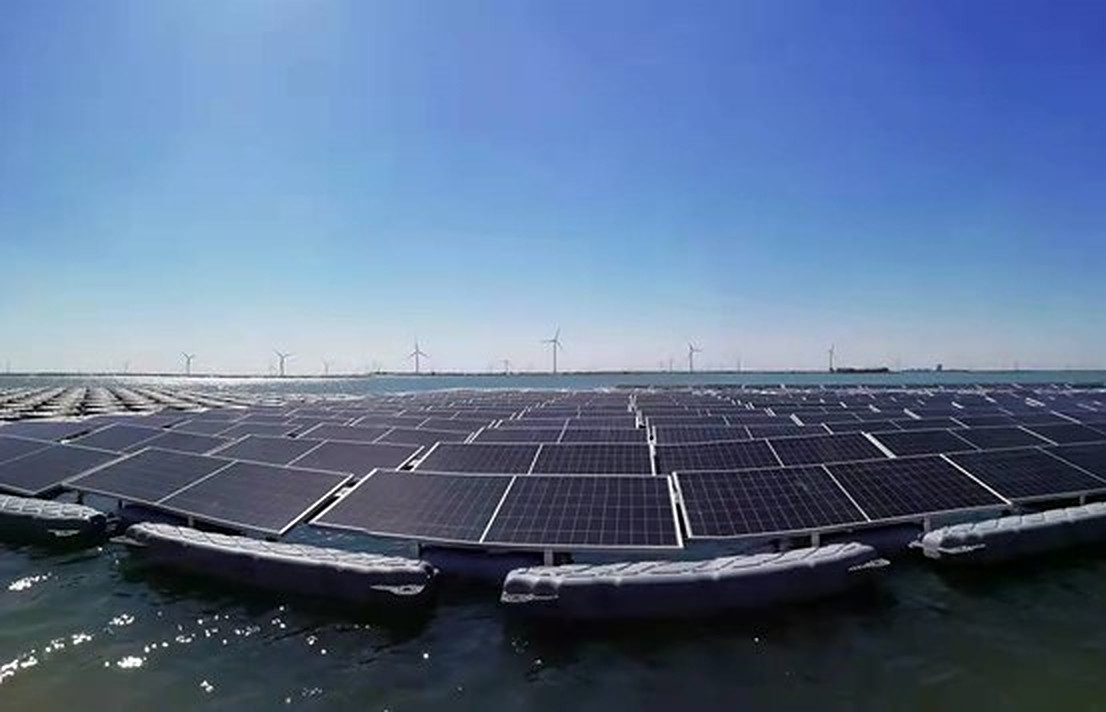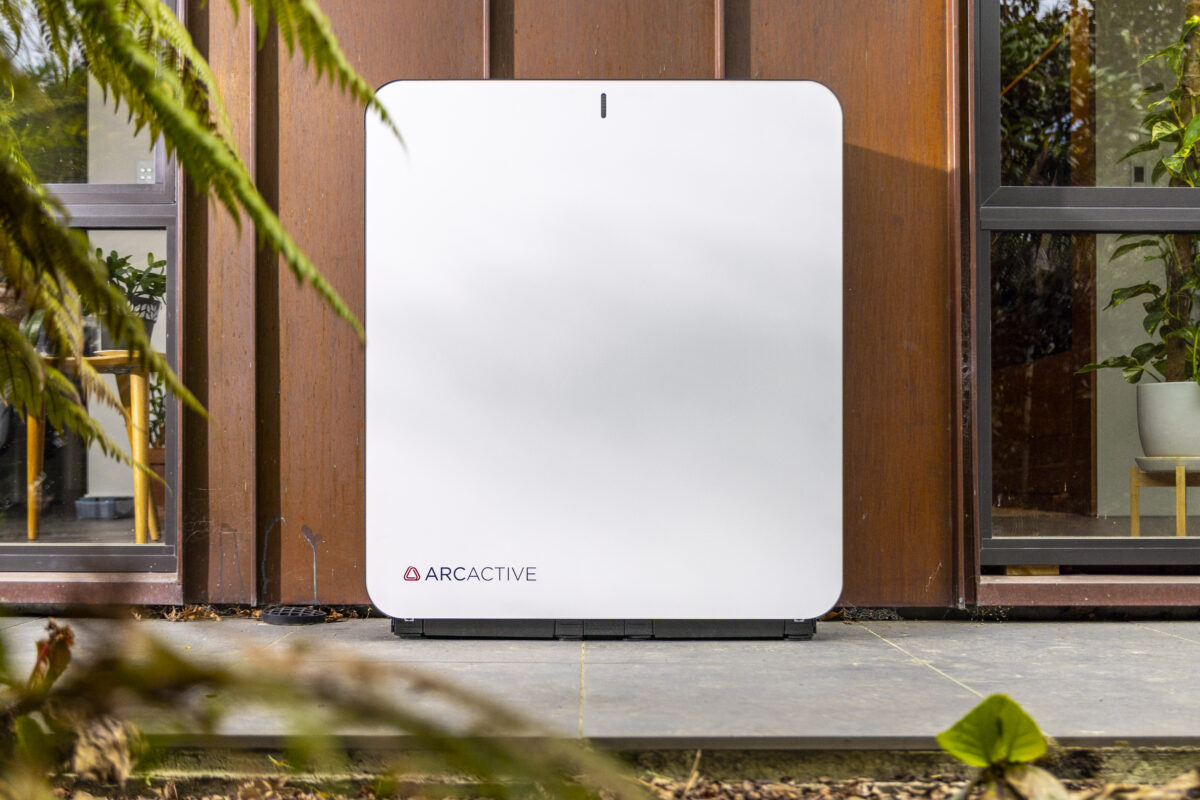From pv magazine Global
The Solar Energy Research Institute of Singapore (SERIS), Nanyang Technological University (NTU), and Singapore-based developer Keppel Infrastructure have signed a memorandum of understanding to jointly study the technological and economic feasibility of a hybrid offshore floating solar park paired with ocean, tidal, and wind capacity.
The study will deploy floating solar platforms, integrated with other renewable sources, at an undisclosed offshore testing site in Singapore waters, subject to regulatory approval. If the study is successful, the parties plan to design and deploy a pilot system with at least 100 MW of renewable generating capacity.
“With limited land space in Singapore, moving into waters offshore presents opportunities to unlock the potential for more diversified renewable energy sources, thereby enhancing energy security and supporting Singapore’s transition to a greener energy mix,” said Cindy Lim, CEO of Keppel Infrastructure.
Keppel will study how to develop and operate the park, while the two universities will look at how to overcome the challenges presented by high winds and the impact of waves on the mooring and anchoring system. They will also study the effects of salinity on corrosion and biofouling issues.
National University of Singapore (NUS), which houses SERIS, will provide expertise in design and components selection, as well as the implementation and operation of the floating solar platforms. NTU will create tidal models of tidal flow conditions to assess the power density of the turbines and paddles.
“As one of the leading research institutes on floating solar worldwide, SERIS is very excited to provide its expertise to this novel approach of integrating floating solar with other renewable energy solutions,” said Thomas Reindl, deputy CEO of SERIS. “If successful, the proposed hybrid technology would also have great export potential.”
This content is protected by copyright and may not be reused. If you want to cooperate with us and would like to reuse some of our content, please contact: editors@pv-magazine.com.








By submitting this form you agree to pv magazine using your data for the purposes of publishing your comment.
Your personal data will only be disclosed or otherwise transmitted to third parties for the purposes of spam filtering or if this is necessary for technical maintenance of the website. Any other transfer to third parties will not take place unless this is justified on the basis of applicable data protection regulations or if pv magazine is legally obliged to do so.
You may revoke this consent at any time with effect for the future, in which case your personal data will be deleted immediately. Otherwise, your data will be deleted if pv magazine has processed your request or the purpose of data storage is fulfilled.
Further information on data privacy can be found in our Data Protection Policy.